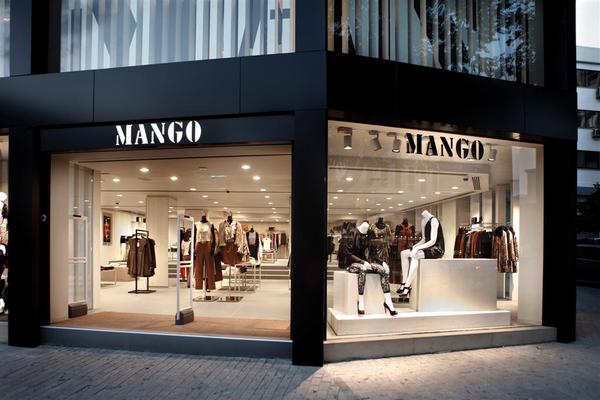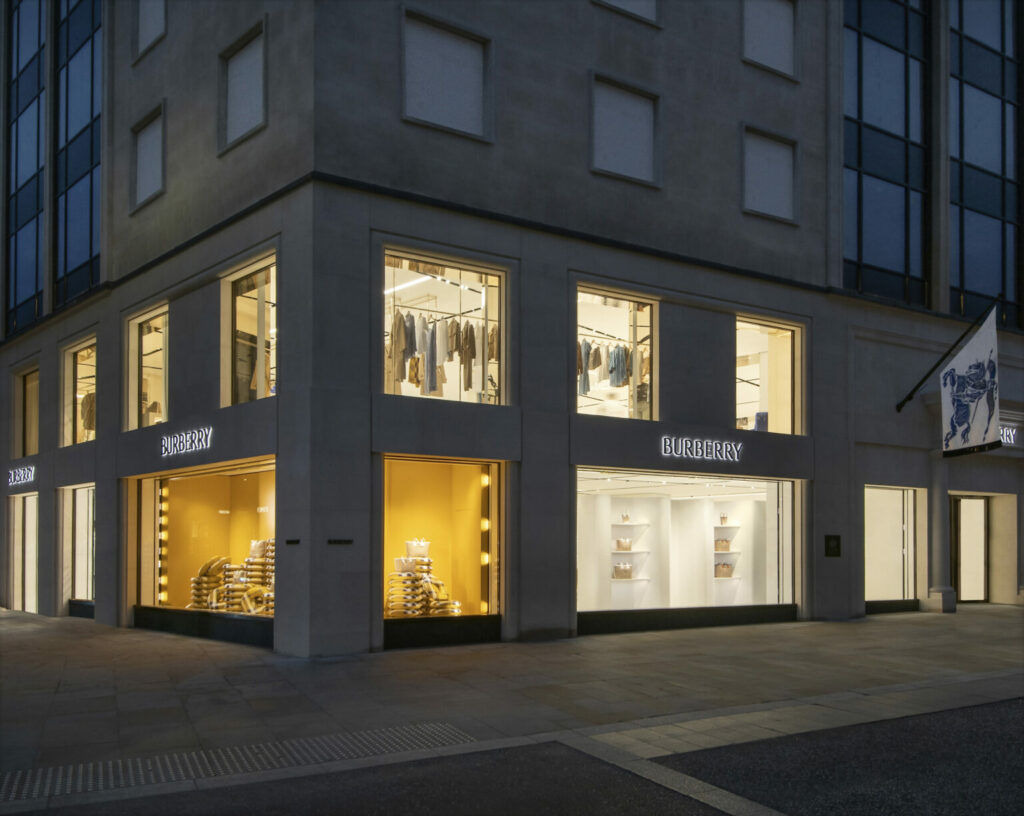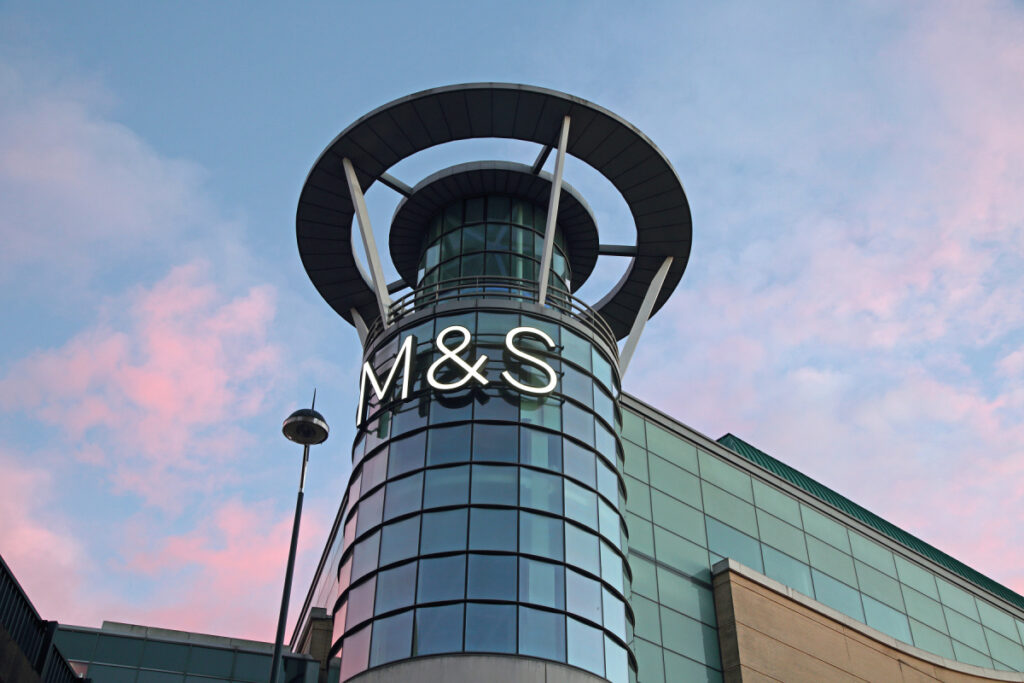// Mango advances sustainability strategy
// Mango plans to have all its designs categorised under the Committed line by 2022
Mango has accelerated its sustainability goals as it groups together articles that it identifies as having “less environmental impact”.
The fashion retailer is promoting its Committed line, which saw 80% of the garments in the Spanish fashion group’s catalogue incorporated into the category last year.
Mango plans to have all its designs categorised under the Committed line by 2022.
READ MORE: Mango publishes Tier 1 & Tier 2 supplier list in a bid to be more transparent
Articles made out of at least 30% of sustainable fibers such as organic, recycled or BCI cotton, recycled polyester, recycled wool or Tencel and that have been manufactured “with more sustainable production processes”.
Mango said the advancement of some of its sustainability goals which expects that all the polyester used by the brand will be recycled by 2025, “doubling the initial target set for that same year”.
It also expects that by 2025 all the cellulosic fibers used will be of controlled and traceable origin, “which means reaching our commitment five years earlier than anticipated”.
Mango detailed that in 2021, it used more sustainable cotton by 91%, natural cellulosic fibers by 59% and recycled polyester by 54%.
In line with its transparency strategy, the company published a list of the factories in its global supply chain in December, updating its 2020 list with Tier 1 factories and including Tier 2 factories. This year, it plans to also disclose the list of third level (Tier 3) factories, which refers to raw material suppliers.
By 2030, the group is committed in reducing its direct CO2 emissions and those generated by the energy it consumes by 80% as well as reducing its supply chain emissions by 35%.
Click here to sign up to Retail Gazette‘s free daily email newsletter

















